A Ph.D. in Microbiology is an advanced doctoral degree in a branch of science. Graduates will become recognized experts in the field and are able to teach, conduct research, and manage the scientific community. This is a three to five-year program that will teach you all of the necessary skills for a successful career.
A Ph.D. in Microbiology is an excellent choice for individuals with strong research and analytical skills. Students will gain comprehensive knowledge of microbiology and a thorough knowledge of their chosen area of specialization. The program will train you in both conventional and modern techniques. You will study both basic and advanced coursework and demonstrate your proficiency in both classical and modern methods of analyzing and manipulating microorganisms. The coursework is divided into two parts: a research project and a thesis.
A Ph.D. in Microbiology may focus on one or several areas, such as medical applications, agricultural or environmental applications, or commercial opportunities. A microbiology Ph.D. typically requires a Master's degree in the field and includes hands-on training in various techniques. Typically, the coursework involves lab work, and the dissertation is based on the student's research. A Ph.D. in Microbiology will prepare you for research in the field.
Eligibility:
Candidates who want to take admission in Ph.D. must have a post-graduate degree in microbiology with at least 55% marks from a recognized university and must have passed the national level entrance examination or university level entrance examination. National level entrance exams like UGC NET / UGC CSIR NET / GATE / SLET or University entrance exams consist of written tests and personal interviews.
Benefits of this higher degree
There are many benefits of obtaining a Ph.D. in Microbiology. The benefits of a Ph.D. in Microbiology go beyond the opportunity to become a research scientist.
This degree offers the opportunity to work as an academic professor in an international university, or in a biotechnology firm. The most prestigious position is that of a Research Scientist.
In addition to this, a Ph.D. in Microbiology can lead to positions in the pharmaceutical industry, environmental agencies, and food processing units. During the course of the program, students must present a research project idea to faculty members and complete it in two to four years. In the field of microbiology, there is a huge demand for people with the right training and experience.
To begin the Ph.D. in Microbiology program, applicants must complete an online application. After creating an account, applicants must fill out the required information. A Ph.D. in Microbiology is one of the most sought-after degrees, and it will help you advance your career in a highly-regarded field. There are also numerous benefits of a Ph.D. in Microbiology.
A Ph.D. in Microbiology will prepare you to work in scientific and medical research. You will also be able to create and implement new research projects. You will have the opportunity to study the reproductive cycle of microorganisms, as well as their genetic makeup. You will gain valuable insight into the lives of more complex organisms. A Ph.D. will allow you to pursue a variety of different careers.
The Future Scope of Ph.D. in Microbiology
A doctorate in microbiology can open a range of doors, ranging from independent research to a position as an adjunct professor at a top university. This is one of the most respected degrees in the world, and one of the most coveted positions in science. Graduates of a Ph.D. program are qualified to write grant proposals, carry out experiments, analyze data, and train laboratory personnel. They can also teach undergraduate classes, mentor postdocs, or sit on faculty committees.
A Ph.D. in microbiology opens a variety of career paths, from scientific research to teaching. Students may also choose to pursue a career in the medical field, as researchers are in high demand in hospitals and laboratories. The research they conduct can help develop products for the food and pharmaceutical industries or help scientists discover new ways to protect humans from infectious diseases.
A Ph.D. in microbiology can also open doors to a teaching career, as many health care institutions are relying on this field to make vital discoveries.
A postgraduate degree in microbiology opens the door to many opportunities. Most jobs in the field require at least a PG. For example, a postdoctoral researcher in biotechnology may work in a pharmaceutical company or in a laboratory. If one is good at science, they could even be a professor, with the right training and the right experience. However, this is not the only possibility - a job as a scientist in a scientific institute is an excellent way to get your foot in the door.
Career and Job Opportunities after Ph.D. in Microbiology
Most microbiologists receive their Ph.D. in order to pursue independent research in a field. Typically, this entails conducting laboratory research and submitting a dissertation or thesis. A large number of Ph.D. holders begin their careers in postdoctoral research positions. Such positions are highly rewarding, and many offer the opportunity to publish research results. These publications are essential for securing permanent faculty positions.
By obtaining a Ph.D. in microbiology positions you will be well-equipped to take on a wide range of positions in scientific and medical research. Some microbiologists choose to lead research teams or take administrative duties. Other professionals pursue a management career in the field of microbiology. These individuals often earn certifications in food safety, pharmaceuticals, and medical devices.
In addition to these, there are many government jobs that do not require a Ph.D. in microbiology. However, most government positions require a Ph.D. In the federal government, microbiologists assess potential pathogens and determine if they pose a threat to public health. Others work as consultants to analyze the market, or in management roles. In this role, you will be responsible for managing a research team and overseeing the project's implementation. In addition, you will be expected to perform administrative tasks. Some people may choose a career in a clinical setting, such as an infectious disease physician or veterinarian.
Course Duration:
The Ph.D. microbiology course is a minimum of 3 years and a maximum of 5 duration. This depends on the university offering the course.
Course Fees:
The average fee for a Ph.D. microbiology degree is between INR 50000 and INR 500000.
 5 Years
5 Years
 PhD
PhD
 Research
Research







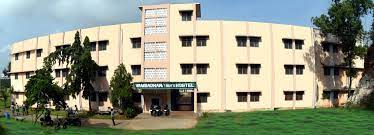
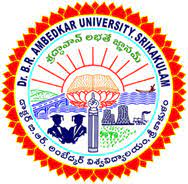

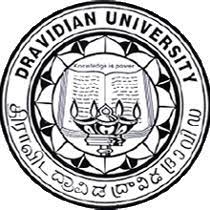


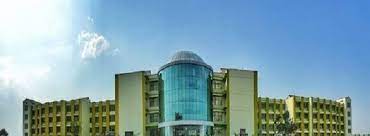
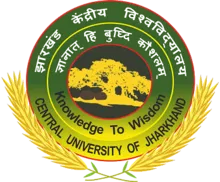
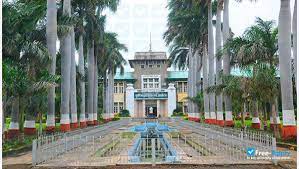
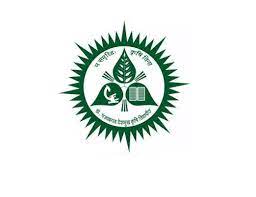
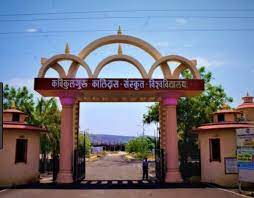
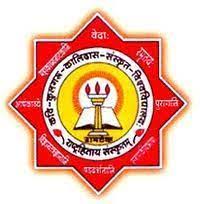
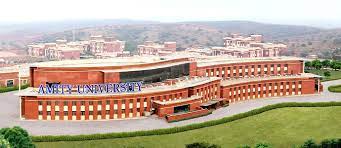



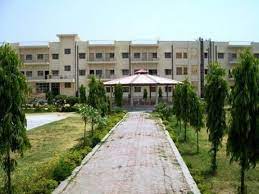
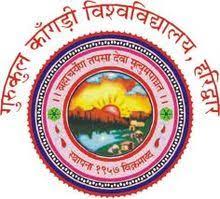



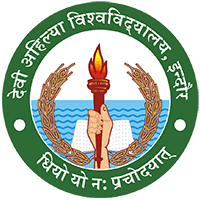




 back
back